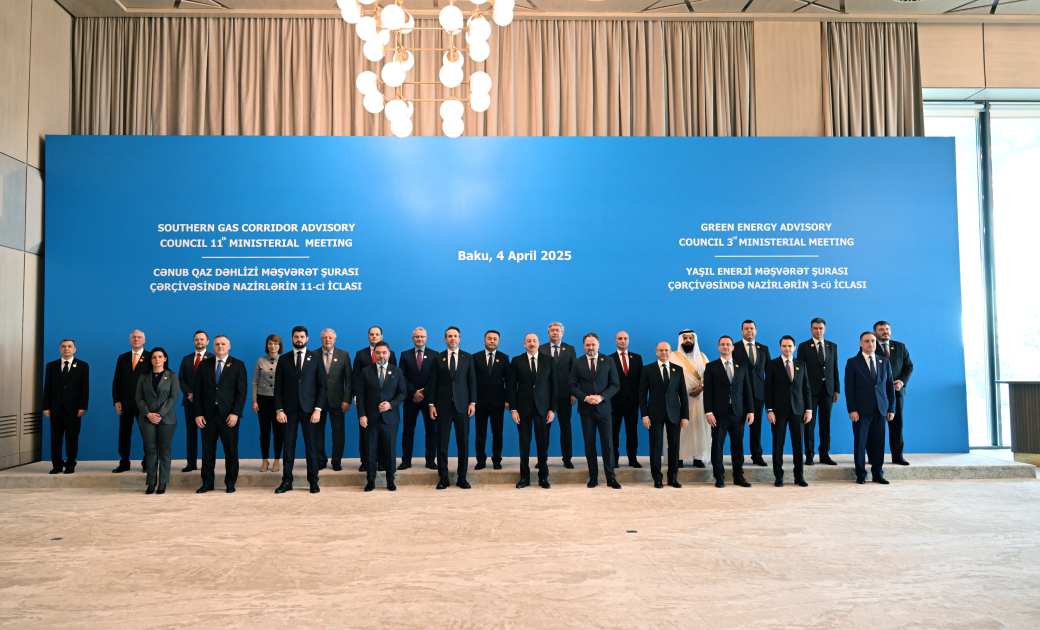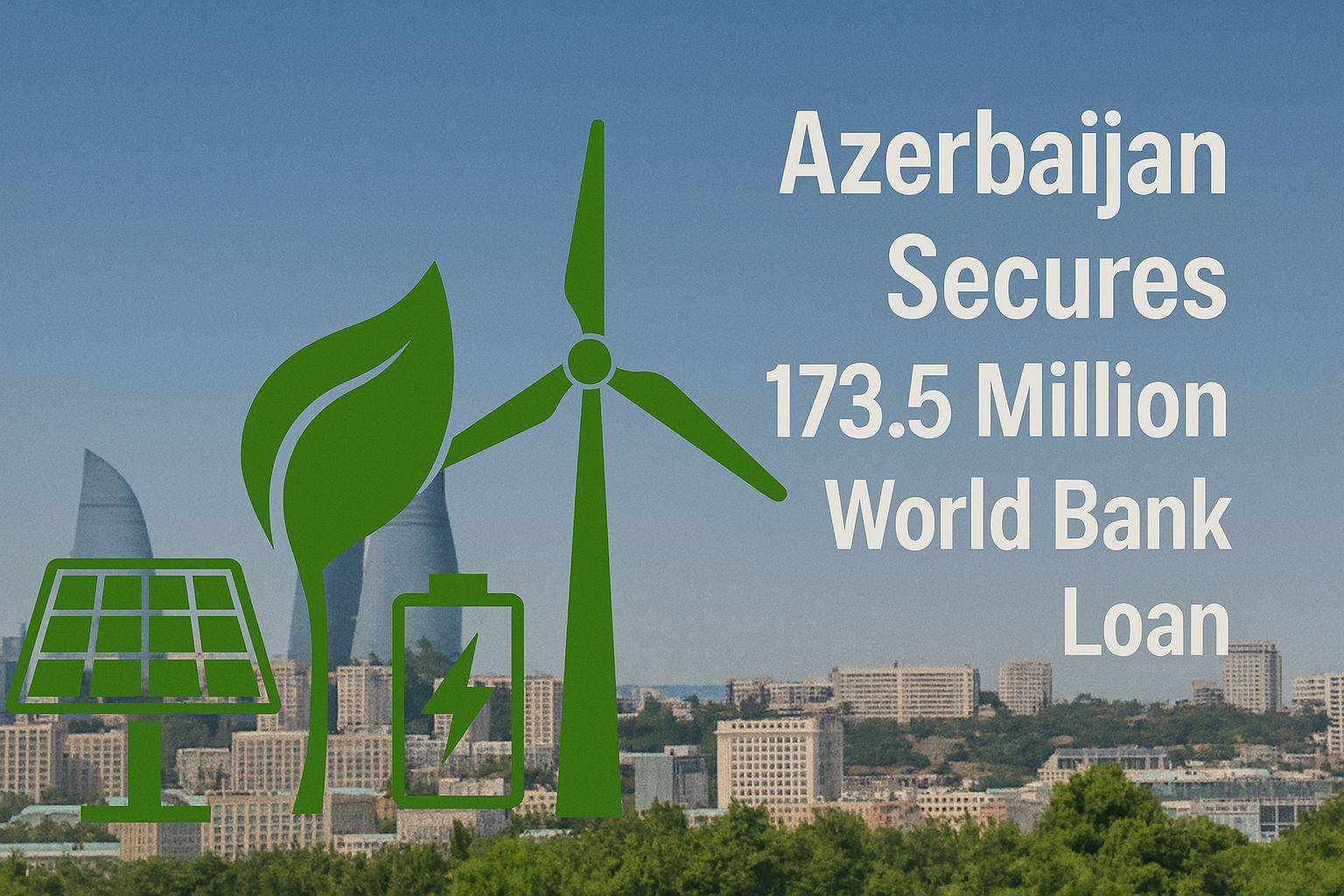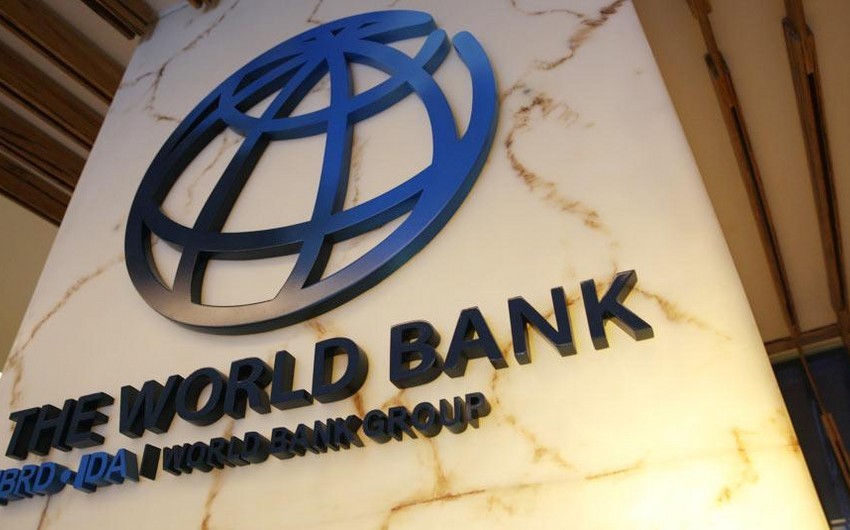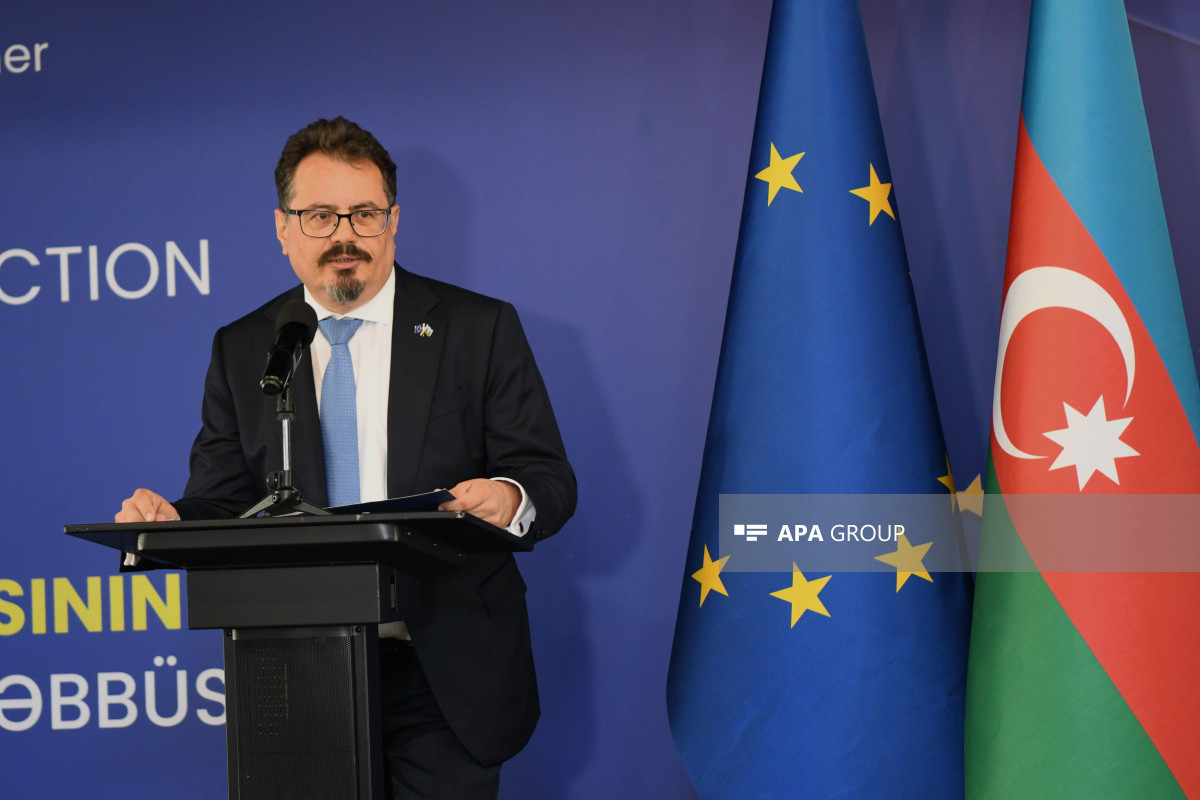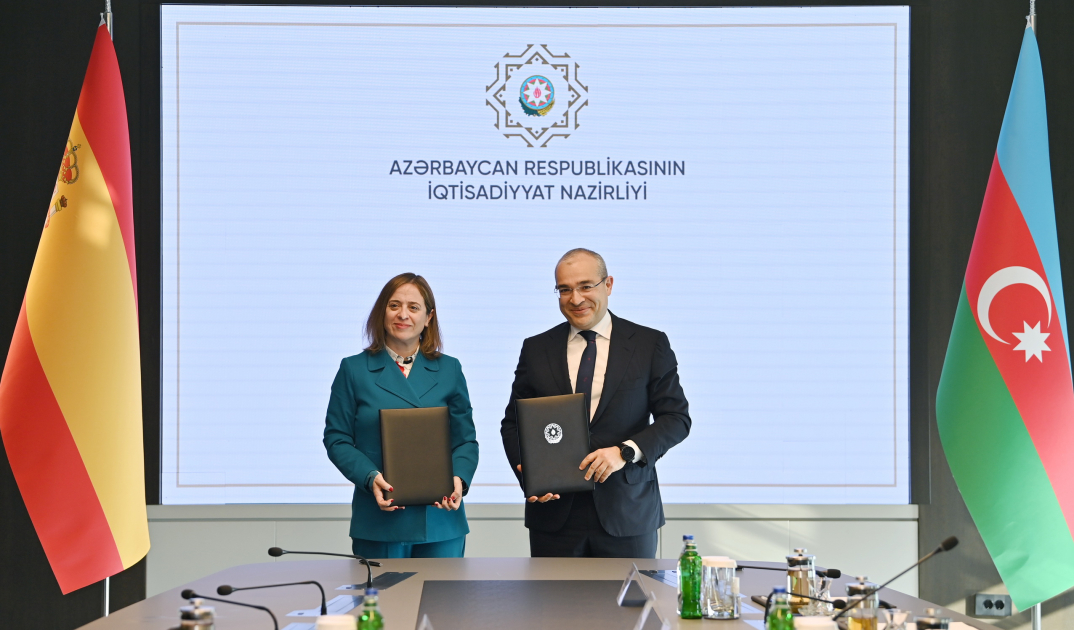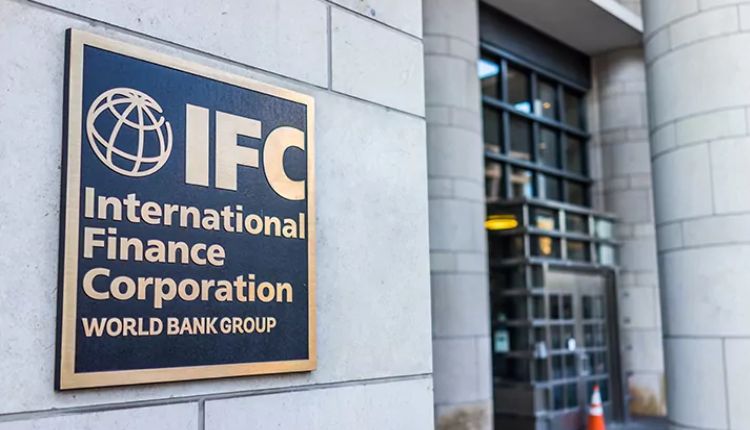
Jan 06, 2025
IFC issues manat bonds to boost Azerbaijan’s climate and social projects
The International Finance Corporation (IFC), a key member of the World Bank Group, has issued bonds denominated in Azerbaijani manat (AZN) to expand access to loans for small, micro, and medium enterprises in Azerbaijan. The bonds, which aim to support low-income households and finance climate-friendly green projects, are a part of IFC's ongoing efforts to promote sustainable development in emerging markets.
34 million manats raised for climate and social sustainability projects
IFC raised 34 million manats (approximately 20 million USD) through a four-year bond. These funds will contribute significantly to the financing of climate projects in Azerbaijan, enhancing access to climate finance for both businesses and low-income households. The bond issue is particularly important as it enables businesses to access financing in local currency, reducing the risks typically associated with foreign currency loans, such as exchange rate fluctuations.
The bonds, which are traded on the Luxembourg Stock Exchange, not only provide investors with access to green technologies but also aim to enhance social sustainability by supporting projects that benefit the wider community. Standard Chartered Bank acted as the broker for the bond issue.
Keshav Gaur, Director of IFC’s Treasury Client Solutions Department, highlighted the importance of capital markets in helping businesses secure financing in local currencies, which reduces foreign currency risk. “These bonds not only support private business and ecologically sustainable projects, but also diversify Azerbaijan's economy, strengthen stability, and create a foundation for long-term development,” he said.
The role of bonds in economic development
Bonds are a key financial tool used by governments, corporations, and international institutions like IFC to raise capital. Essentially, a bond is a debt security in which the issuer (the entity raising funds) borrows money from investors in exchange for periodic interest payments and the promise to repay the principal amount (the bond's face value) at maturity.
For businesses, bonds serve as an alternative to traditional bank loans. Issuing bonds allows companies to raise large amounts of capital that can be used for expansion, development, and long-term projects without giving up equity or ownership. In the case of IFC’s bonds, the capital raised will be used to support projects that promote economic growth, job creation, and sustainable development.
Bonds also help lower the cost of financing for businesses. Typically, bonds have fixed interest rates, which means businesses can budget their repayment schedules more effectively. Additionally, bonds help to diversify financing sources beyond bank loans, providing companies with more flexibility and better financial planning.
Why bonds are crucial for sustainable growth
The issuance of bonds by IFC is not only a financial mechanism but also a strategic tool to foster sustainable development in Azerbaijan. By financing "green" projects, IFC’s bond issue directly contributes to environmental sustainability, which is becoming an essential part of global business practices. Green projects often involve investments in renewable energy, energy efficiency, and sustainable infrastructure—all critical components of addressing climate change.
Teodor Kirshner, Manager of Capitulum Fund, emphasized the significance of the partnership with IFC. "We value our long-term partnership with IFC. This partnership gives us access to local interest rates in emerging markets like Azerbaijan while ensuring transparent and sustainable use of funds raised. We look forward to expanding our partnership to grow our asset class and advance sustainable projects," he noted.
Additionally, the issuance of these bonds has broader economic implications for Azerbaijan. By enabling local businesses to access financing in manat, the country reduces its dependence on foreign currency-dominated loans, which can be subject to volatile exchange rate fluctuations. This contributes to greater economic stability and financial resilience in the face of global economic uncertainties.
Since 2020, IFC has issued bonds totaling over 189 million manats (111.18 million USD) for periods ranging from one to four years, with interest rates 300 basis points lower than the state benchmark. IFC’s bond issuances are crucial not only for the local economy but also for fostering an ecosystem of innovation and sustainable development. The funds raised through bonds are expected to boost the country's private sector, facilitate access to climate finance, and support projects that can have a positive social and environmental impact.
In its fiscal year 2024, IFC committed a record $56 billion to support private companies and financial institutions in emerging markets. This commitment underscores IFC’s role as a global leader in private sector development, working toward a poverty-free and sustainable world through the mobilization of private capital.
Bonds as a catalyst for long-term economic development
The issuance of manat-denominated bonds by the International Finance Corporation marks a significant milestone in Azerbaijan's journey toward economic diversification, sustainability, and financial stability. By focusing on micro, small, and medium-sized enterprises, as well as green projects, IFC is helping to create a more resilient and sustainable economy. These bonds offer a dual benefit - financing critical environmental projects while providing businesses with access to affordable capital in local currency.
As Azerbaijan continues to strengthen its private sector and transition toward a more sustainable future, the importance of innovative financial instruments like bonds will only grow. With IFC's continued support, these investments will help build a solid foundation for long-term development, benefiting both the economy and the environment.







